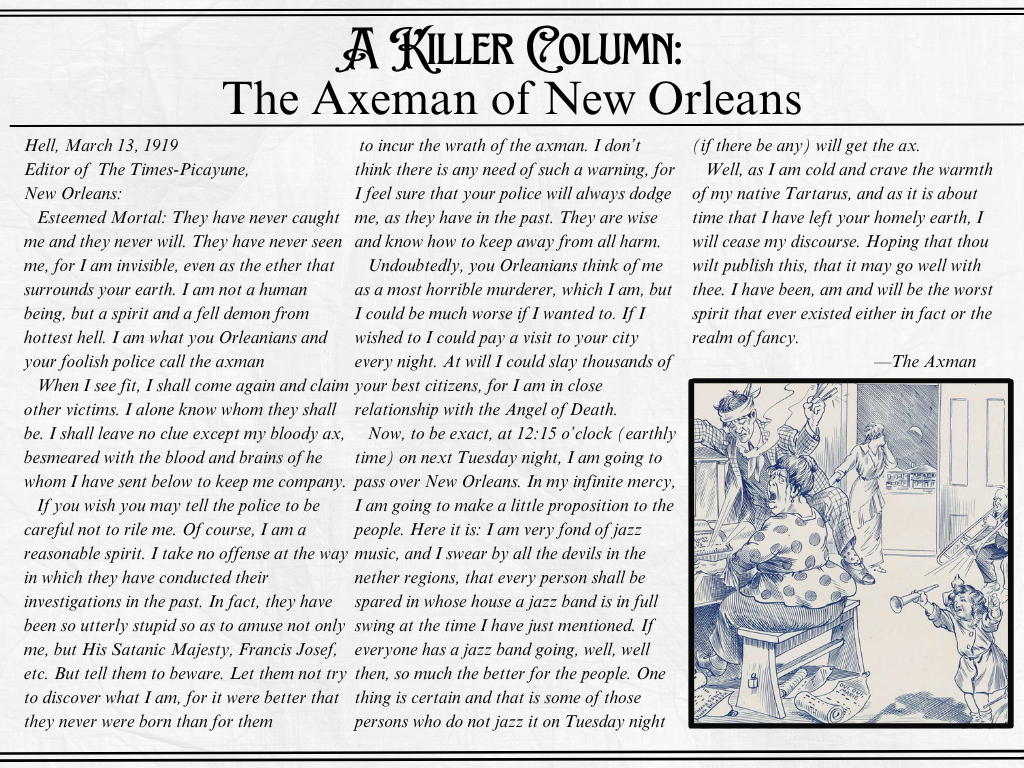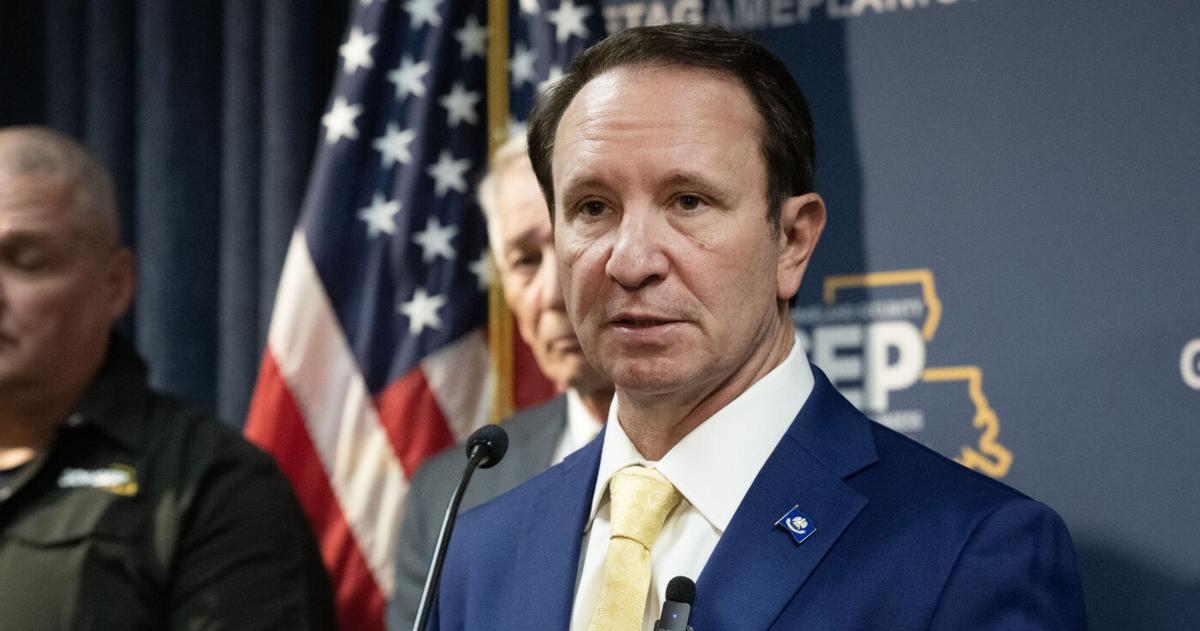The fundamental right to marriage equality, nationally recognized by the Supreme Court a decade ago, now hangs in the balance as the Supreme Court considers whether to hear a case that could undermine it.
This stems from the landmark 2015 ruling in Obergefell v. Hodges, which required all states to issue marriage licenses to same-sex couples. The decision prohibits officials from withholding licenses based on personal religious or political beliefs.
“No union is more profound than marriage, for it embodies the highest ideals of love, fidelity, devotion, sacrifice and family,” Justice Anthony Kennedy said. “As some of the petitioners in these cases demonstrate, marriage embodies a love that may endure even past death.”
That same year, Kim Davis, a Kentucky county clerk, was jailed for six days after refusing to issue a license to a same-sex couple on religious grounds. Eight years later, the couple sued her for emotional distress and civil rights violations, and a federal jury found her liable.
She is now appealing the verdict, which includes $100,000 in emotional damages and $260,000 in attorney’s fees.
A Supreme Court ruling in favor of Davis would be a seismic shift, creating a broad religious exemption for officials and undermining the core tenets of administrative law and equal protection. But what are the chances her case even reaches the Supreme Court?
“I think it’s highly unlikely,” ULM political science professor Joshua Stockley said.
Lower courts have rejected such claims, and the Supreme Court is generally reluctant to overturn precedent, requiring a circuit split and the votes of at least four justices to hear the case. It is also important to note that the Respect for Marriage Act of 2022 would continue to require nationwide recognition of same-sex marriages even if Obergefell were overturned.
However, ongoing legal challenges and concerted efforts by conservative groups have heightened the risk of a reversal, testing the resilience of both federal law and public opinion.




